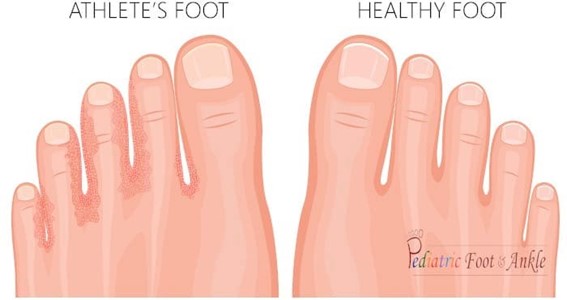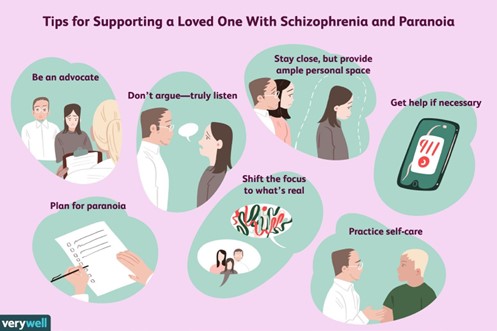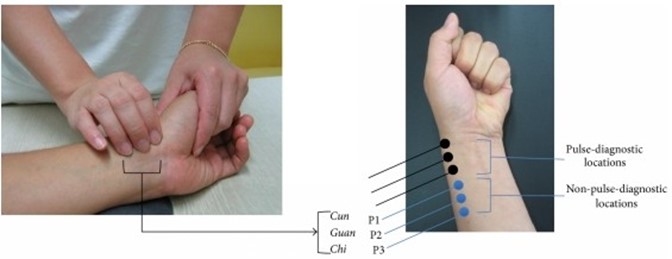The client tells the practical nurse (PN), "I have been applying triple antibiotic ointment to my athlete's foot for the past two days, but it still itches." How should the PN respond?
Antibiotics take a week to be effective against the infection.
Athlete's foot is a fungus. Antibiotics will not relieve symptoms.
When the itching stops, continue to use the ointment for two weeks.
A thick layer of the medication is needed to stop the itching.
The Correct Answer is B
The PN should inform the client that athlete's foot is a fungal infection and that antibiotics are not effective against fungi. The client needs to use an antifungal medication to treat the infection. The other options are not accurate or appropriate responses.
Antibiotics take a week to be effective against the infection (A) is not accurate because antibiotics are not effective against fungal infections.
When the itching stops, continue to use the ointment for two weeks (C) is not appropriate because the client is using the wrong type of medication.
A thick layer of the medication is needed to stop the itching (D) is not accurate because the client is using the wrong type of medication.

Nursing Test Bank
Naxlex Comprehensive Predictor Exams
Related Questions
Correct Answer is D
Explanation
The first intervention the PN should implement is to **sit and offer to listen to the client's concerns**. It is important to approach the client in a calm and non-threatening manner and to establish a rapport with him. Offering to listen to his concerns can help the client feel heard and understood, and can help build trust between the client and the PN.

Correct Answer is B
Explanation
This could indicate reduced blood flow to the affected arm, which may be a sign of compartment syndrome. Compartment syndrome is a serious condition that requires immediate intervention by a registered nurse (RN). The other options may also require intervention, but they are not as urgent as the situation described in option B.

Whether you are a student looking to ace your exams or a practicing nurse seeking to enhance your expertise , our nursing education contents will empower you with the confidence and competence to make a difference in the lives of patients and become a respected leader in the healthcare field.
Visit Naxlex, invest in your future and unlock endless possibilities with our unparalleled nursing education contents today
Report Wrong Answer on the Current Question
Do you disagree with the answer? If yes, what is your expected answer? Explain.
Kindly be descriptive with the issue you are facing.
